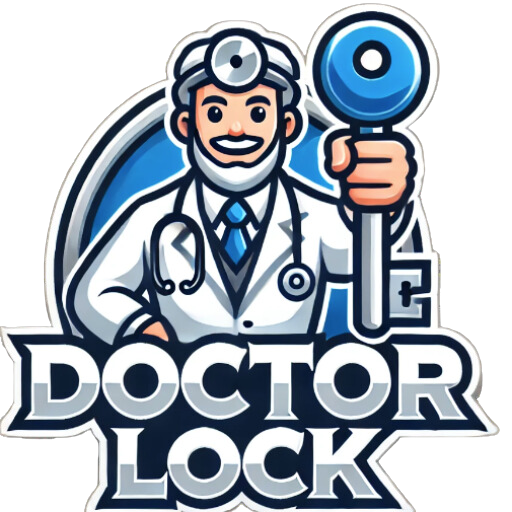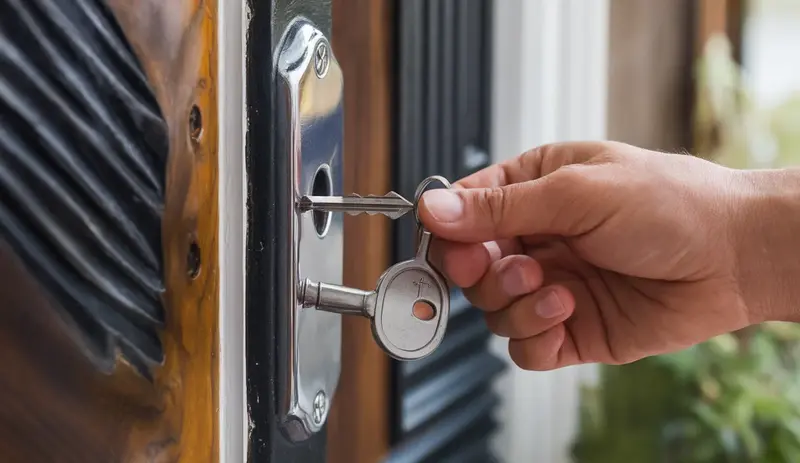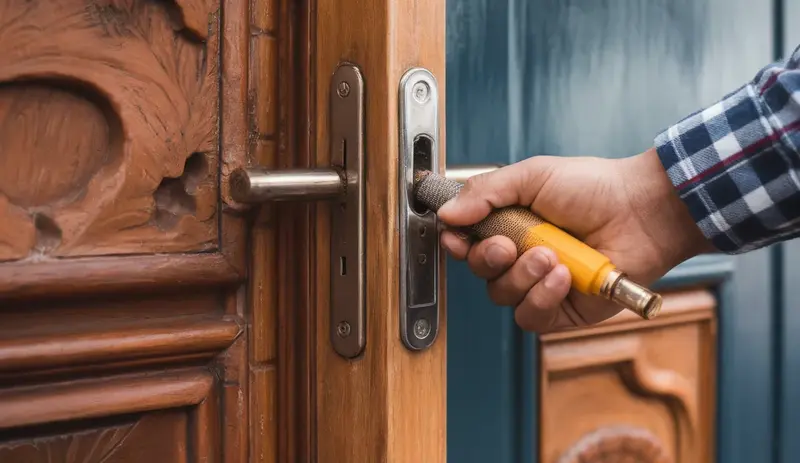![Are Key-Cutting Machines Really Accurate [2025]](https://doctorlock.net/wp-content/uploads/2025/02/Are-Key-Cutting-Machines-Really-Accurate.webp)
You know that moment when you need a spare key, and someone suggests using one of those key-cutting machines at the hardware store? Most people have exactly two thoughts: “This seems super easy” and “I hope this actually works.”
The truth is, key-cutting machines aren’t all created equal. Some are surprisingly precise, while others might leave you frustrated with a key that doesn’t quite fit. Whether you’re dealing with a house key, car key, or that weird padlock in your garage, understanding how these machines work can save you tons of headaches (and money).
How Do Key-Cutting Machines Actually Work?
Let’s explore the captivating realm of duplicating keys. Not all key-making machines are the same; some are as precise as Swiss watches, while others are more akin to grandpa’s toolbox.
The better key-cutting machines use advanced laser technology that can trace and replicate key profiles with amazing accuracy. They’re more like high-end photocopiers that make perfect duplicates than like old office machines that leave everything looking a bit fuzzy.
The technology that key cutting relies on is surprisingly complex. Consider it akin to making a perfect mirror image: each groove, each notch must be exactly correct. Some machines use mechanical tracing systems that follow the exact contours of the original key, while more advanced models use laser-guided precision that can capture even the tiniest of details.
Professional vs. DIY: What’s the Real Difference?
Most people don’t understand this: a colossal difference exists between the key-cutting machines that you might find in a large retail store and the tools a professional locksmith works with.
For the most part, when you walk into a big box store, the only thing that’s even close to being a medium-grade alternative to a locksmith’s tool is some sort of key-cutting machine that looks like it could just as easily shoot your eye out if it were programmed to do so.
A locksmith of the highest caliber can produce a key that is so precise it seems to be molded directly from the original. Their machines are well-calibrated, well-maintained, and across-the-board operated by experts who know the ins and outs of the microscopic world in which a key does or does not work. Meanwhile, a DIY machine is largely hit or miss with your lock’s functionality.
You May Like: Can A Locksmith Duplicate A Broken Key?
Common Key-Cutting Mistakes That Can Mess Everything Up
What does this mean for you? Cutting keys isn’t as simple as it looks. A fraction of a millimeter can make a key slide in perfectly or not turn at all. And if you’re cutting keys by hand, and the machine is a human in error, then you’re not cutting any keys at all. It’s making angles too big or too small-that’s how you end up with a piece of metal that won’t do anything except get in the way of some other, better-functioning lock.
Envision trying to hand cut a perfect puzzle piece. That’s what key cutting is like when done haphazardly. Professional machines have built-in safeguards and precision tools that reduce human error to a minimum; cutting a key on a professional machine is kind of like solving a puzzle with a picture on the box. Conversely, using a DIY method to cut a key is like solving a puzzle when the picture has been turned face down.
When Should You Absolutely Skip the DIY Key Cutting?
When you need a professional, you really need a professional. Car keys that provide high security aren’t just keys, two pieces of metal stuck together. They are complex electronic devices that contain elaborate programming and even more elaborate plans for themselves inside the car. When these keys need to be duplicated, the high-security car key maker uses machines that are couldn’t-replace-expense tools.
Keys for luxury cars, security-sensitive places, or intricate electronic systems are just that—keyed for a specialized, professional-grade electrical system. One wrong step in the assembly process and you’ve not only wasted time and money but also potentially ruined a $1,500 key system.
Tips for Getting the Most Accurate Key Copy
A pro tip: the state of your original key is more consequential than you might believe. If your key is old, worn, or damaged, the copy made will look just like your key-a condition you want to avoid. For slab duplication, the machines must be properly calibrated. Think of it this way: a well-tuned machine is to key cutting what a surgeon’s scalpel is to human surgery.
Desire the optimal outcome? Commence every time with a pristine, flawless original key. Transport it to a specialist like Doctor Lock and allow him or her to judge the state of the key and produce the most exact likeness imaginable.
When dealing with keys, we’re not rolling with tolerances like in a gun or an engine; we’re going for high-precision outcomes in the key-making process. If you’re in the area, check out our Google Maps location for convenient service.
Final Words
Key-cutting isn’t rocket science, but it’s not exactly foolproof either. The most important thing is knowing when to trust a machine and when to call a professional. Your keys are your gateway to home, car, and security – so it pays to be a little picky.
Next time you need a key copied, take a moment to consider the machine and the original key. A little extra attention can save you from future lockout headaches.
Pro Tip: Always keep your original key as a backup and test the new copy immediately after cutting. Better safe than locked out!


